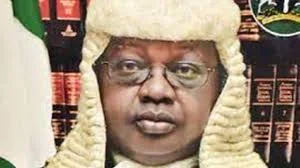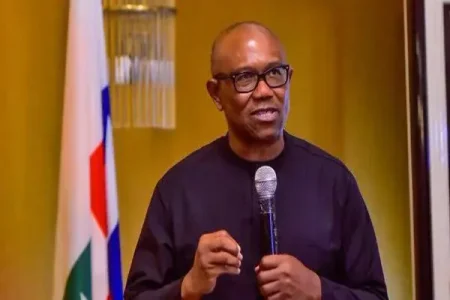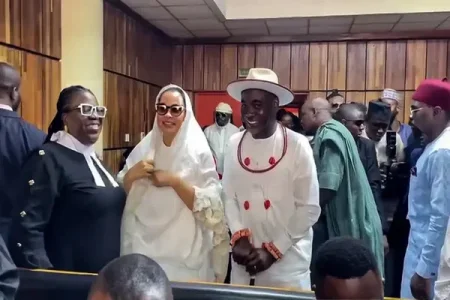
Justice Musa Dattijo Muhammad, after 47 years in the judiciary, took a bow in a valedictory session that brought the high and mighty to its audience. However, his speech continues to resonate in the media long after his departure. In his profound address, he didn't mince words and highlighted seven key concerns about the state of the Nigerian judiciary.
1. Absolute Power: Justice Dattijo criticized the concentration of excessive power in the hands of the Chief Justice of Nigeria (CJN). He expressed concerns over the CJN's simultaneous chairmanship of various influential bodies like the National Judicial Council (NJC), Federal Judicial Service Commission (FJSC), National Judicial Institute (NJI), and the Legal Practitioners Privileges Committee (LPPC). According to him, such absolute powers can lead to corruption and weaken judicial oversight.
2. Danger for Democracy: The retired judge voiced his displeasure that two geopolitical zones, North Central and South East, no longer have representation on the Supreme Court bench. He argued that this absence can jeopardize the principles of justice and transparency, particularly in presidential appeals, as all geopolitical zones should participate in the hearings.
3. Poor Salaries: Justice Dattijo raised concerns about the disparity in salaries within the judiciary. Despite significant budget increases for the judiciary over the years, he noted that justices' salaries remained inadequate. He pointed out that even the Chief Registrar of the Supreme Court earned more than the justices, which was a cause for concern.
5. Lawan & Uzodimma Cases: Justice Dattijo made reference to controversial cases involving Senator Ahmad Lawan and Governor Hope Uzodimma, citing concerns about unpredictable court decisions. He hinted at allegations of undue influence and questionable affiliations within the judiciary.
6. Depletion of Judges: The judge noted the declining number of justices at the Supreme Court, which stood at 10, far below the constitutional requirement of 21. This shortage, especially during election seasons, leads to delays and backlog in cases, affecting litigants seeking justice.
7. No Changes: Justice Dattijo expressed frustration that despite numerous valedictory sessions, the challenges and concerns he raised remained unaddressed. He called for action to rectify these issues and ensure the integrity and effectiveness of the Nigerian judiciary.
Justice Dattijo's impactful valedictory speech serves as a stark reminder of the pressing issues within the Nigerian judicial system and the need for urgent reforms.




